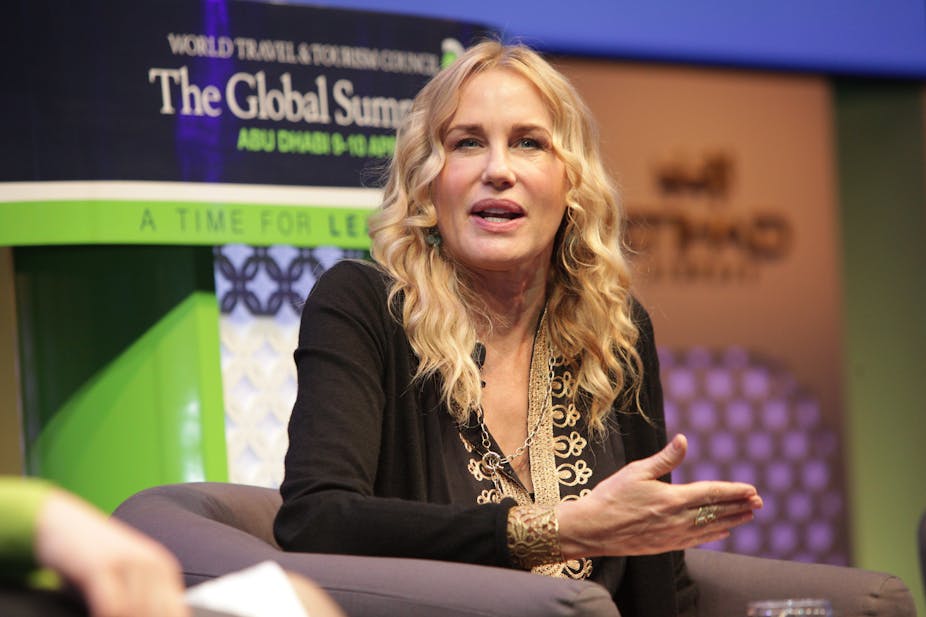Decades ago I found myself working with a young woman with autism. I had done my reading of the autism texts of the time, and was singularly surprised when nothing I had read matched up to the person I was sat next to. There was no flapping, she had no interest in my earrings or buttons, and she certainly wasn’t even lining anything up.
We know so much more about autism now but the idea that all people with autism are disordered, impaired, or somehow “lesser” is one that still needs to be challenged. Having worked closely with people with autism for more than 20 years, I have had the pleasure of meeting many hugely intelligent, insightful, kind, caring, loyal, skilled autistic individuals, including two of my best doctoral students who both graduated successfully and are now prominent in their respective fields.
Some of the strongest marriages I have encountered are between people with autism, and I have also met multi-millionaire entrepreneurs who have been identified as autistic.
Identifying not diagnosing
So, the question remains, why is it that autism continues to be seen as a disorder, with terms such as “impaired functioning” still so rife within the literature and current diagnostic manuals? Why is it that one needs to present as a “problem” before being in a position to be identified as autistic? Even the term “diagnosis” brings along its own associations with “illness” or “disease”. Surely, this gives out the wrong message to all involved – parents, individuals, and the public.
For years I have been suggesting “identification” as a more appropriate term, which counters the pejorative language so often heard in reference to autism.
Without doubt being autistic in a world populated in the main by people who are not can cause huge issues for the individual and their family. But this is not the same as suggesting that the problems are caused by being autistic. The very fact that there are plenty of autistic individuals who are hugely successful demonstrates that being autistic does not preclude anything at all. Actors Dan Ackroyd and Daryl Hannah, and singer Courtney Love are to name but a few, while others have retrospectively identified other potential big names such as Stanley Kubrick.
Measuring outcomes
Some research has shown poor outcomes for people with autism but there have been fewer evaluations using real-world measures such as employability, self-sufficiency and social support. Some of the ways we measure ability may also be problematic – take memory and learning, for example. The task support hypothesis – the idea that situations can be created for individuals with autism that capitalise on their areas of strength – can lead to situations where the ability to remember is increased.
The sad fact is that there are still schools of thought that deny the fact that people with autism can lead very successful lives; comments such as “she will never be able to have children”, or “he will never go to university” are still way too prevalent. Parents of newly identified children are still sometimes told what the future will hold, despite the fact that no one has a crystal ball. Perhaps many of the problems stem from being in a poorly understood minority group, rather than directly from being autistic?

Nonetheless, things are changing for the better – however slowly. The National Autistic Society, for example, promotes employment for people with autism. The Equality and Human Rights Commission is working to ensure a level playing field in the workplace, although there is some way to go before this is fully realised.
At the Autism Centre at Sheffield Hallam University we’ve been working to further these initial advances; to continue to promote a more accepting view of autism and to encourage society to recognise the potential of autistic individuals. One of the courses we run in collaboration with the National Autistic Society has welcomed a plethora of autistic speakers, guest lecturers and autistic students who share insight and expertise.
So, have perceptions changed over the years? Well, for absolute certainty I can say that mine have. I no longer assume that all publications are correct, and recognise that all autistic people are individuals. I have learnt to challenge the notion of impairment and disorder, while still recognising the huge challenges faced by individuals and families. I have begun to recognise the damage that can be done by ignorance and misinformation. And I have learnt that changing perceptions through a better understanding of autism can significantly improve lives, and the best way to develop an understanding of autism is to listen to those who are autistic, their families and friends.
In terms of general perception – well, society is certainly moving slowly in the right direction, with more and more autistic people self-advocating and promoting their strengths, but there is an awful long way to go.

